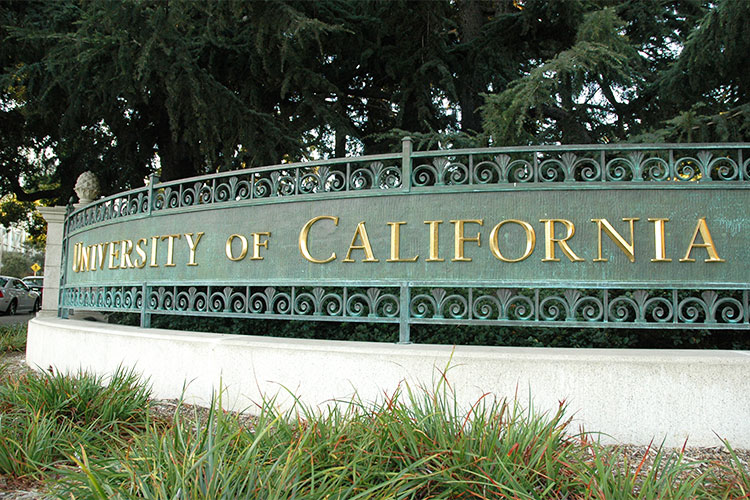A recent New Yorker investigation has shed light on the case of Elizabeth Hoover, a professor of ethnic studies at the University of California, Berkeley.
Hoover, who had presented herself as having Native American ancestry, made headlines last year when she publicly announced that she was, in fact, white and had no confirmed Native ancestry. The revelation caused controversy, with some calling for her resignation, while others defended her career and work.
Hoover's journey began with her upbringing, where she was led to believe that both her father and mother had Native American ancestry. With this belief ingrained, she pursued higher education in anthropology, eventually making her way to some of the top schools in the country, where she presented herself as Native American. This identity made her an attractive candidate for colleges seeking an authentic voice to teach ethnic studies.
However, the recent investigation by Jay Caspian Kang reveals that Hoover's story about her ancestry has changed over the years. This suggests that she may have known she was lying, or at least exaggerating her claim while benefiting from her identity in academia. This raises questions about the authenticity of her work and her credibility as an academic.
Hoover is not the first academic to be accused of falsely claiming Native American ancestry. In recent years, several scholars have been called out as "Pretendians," a term used for those who fake Native American heritage.
This includes Mary Ellen Turpel-Lafond, a former law professor in Canada, and Qwo-Li Driskill, a professor of gender and queer studies at Oregon State University. And more cases are likely to come to light, according to experts in the field.
In Hoover's case, things began to unravel when an anthropology professor at Columbia, who is a member of the Mohawk Nation, met her at a Native studies conference and became suspicious. She, along with other academics, had noticed the vague way Hoover talked about her ancestry, and some even questioned the authenticity of her Native American signifiers, such as her extensive use of beadwork. When asked directly about her heritage, Hoover appeared to be evasive, which raised further red flags.
Despite the calls for her resignation, Hoover maintains that she will not be "driven out" and continues to stand by her work. She argues that her research, teaching, and learning were not impacted by her false identity and should not be "thrown away" because people are upset about it. However, her critics argue that her entire career may have been built on a false foundation and that her presentation as a Native American academic may have played a significant role in her success.
The controversy surrounding Hoover's case has raised larger questions about the role of racial identity in academia, particularly in fields like ethnic studies. While some argue that identity and lived experience are essential in teaching and research in these fields, others point out that academic merit should be the primary criteria for hiring and promotion. This raises the potential need for a shift in how ethnic studies departments evaluate and prioritize candidates in the future.
It remains to be seen what consequences, if any, Hoover will face for her false identity claim. As more cases of Pretendians come to light, it is clear that their actions not only undermine the credibility of the individuals but also raise questions about the integrity and authenticity of the field of ethnic studies as a whole. Perhaps it is time for a more critical examination of how these fields value and prioritize identity and lived experience in the selection and evaluation of academics.

